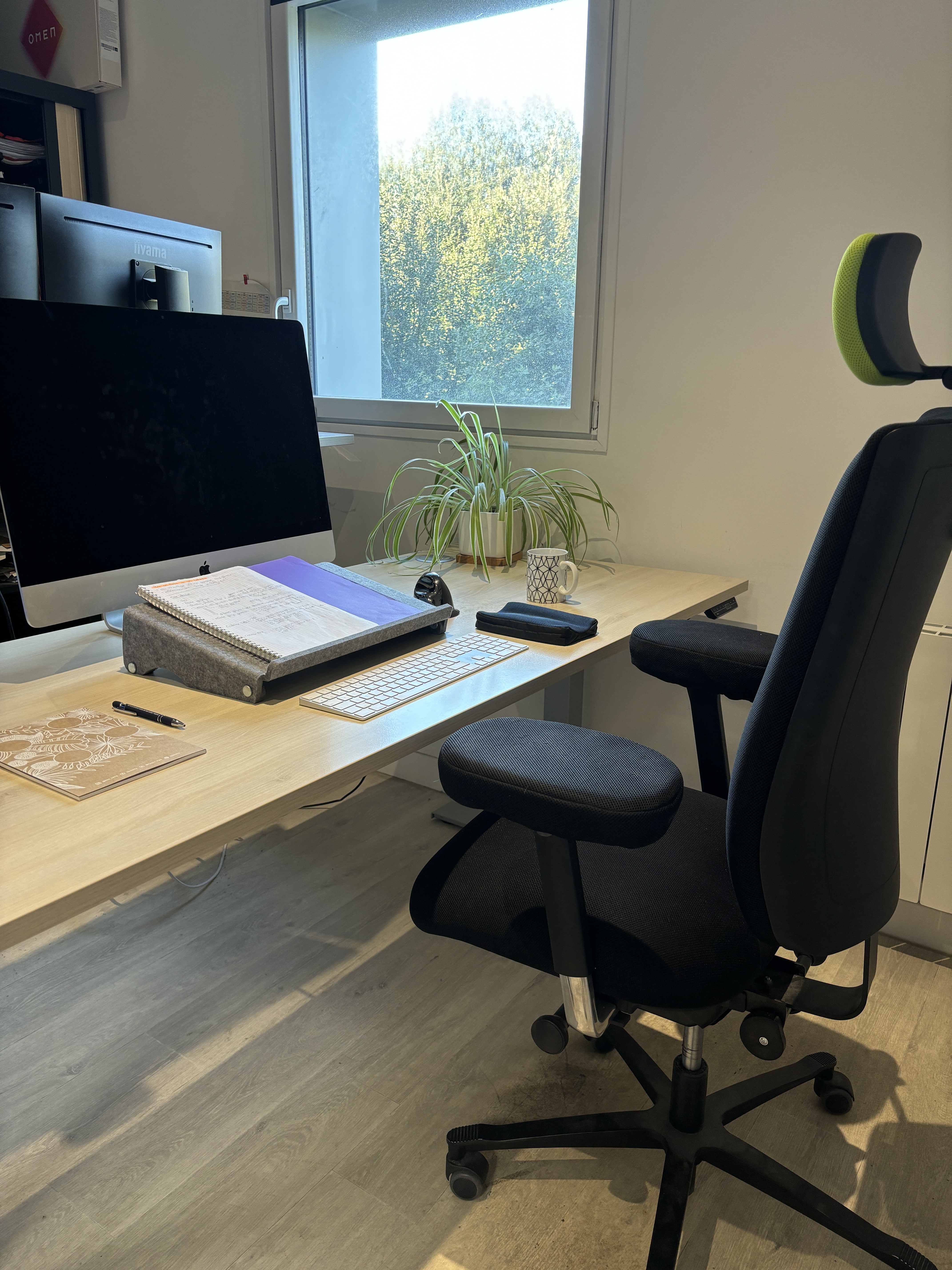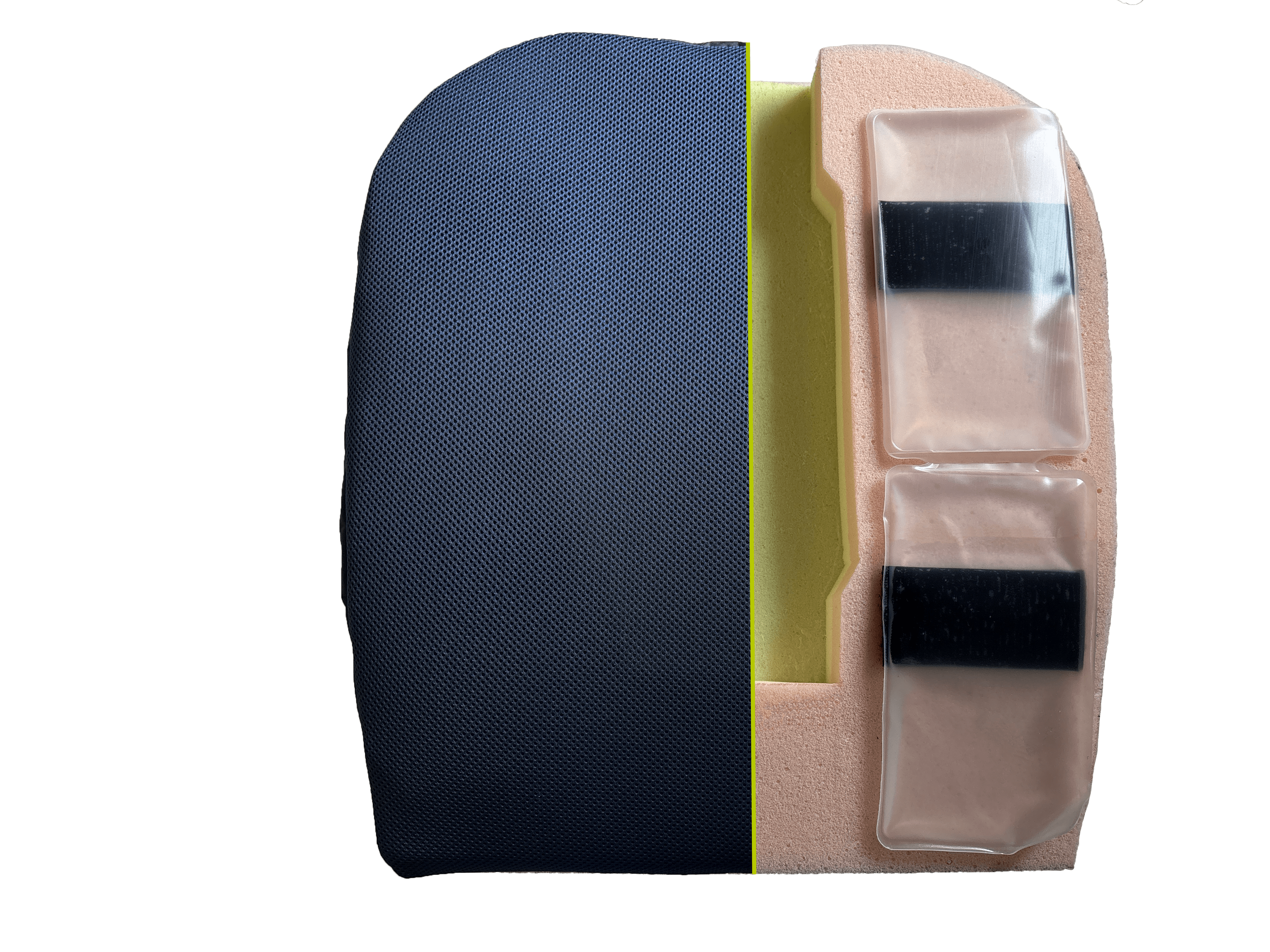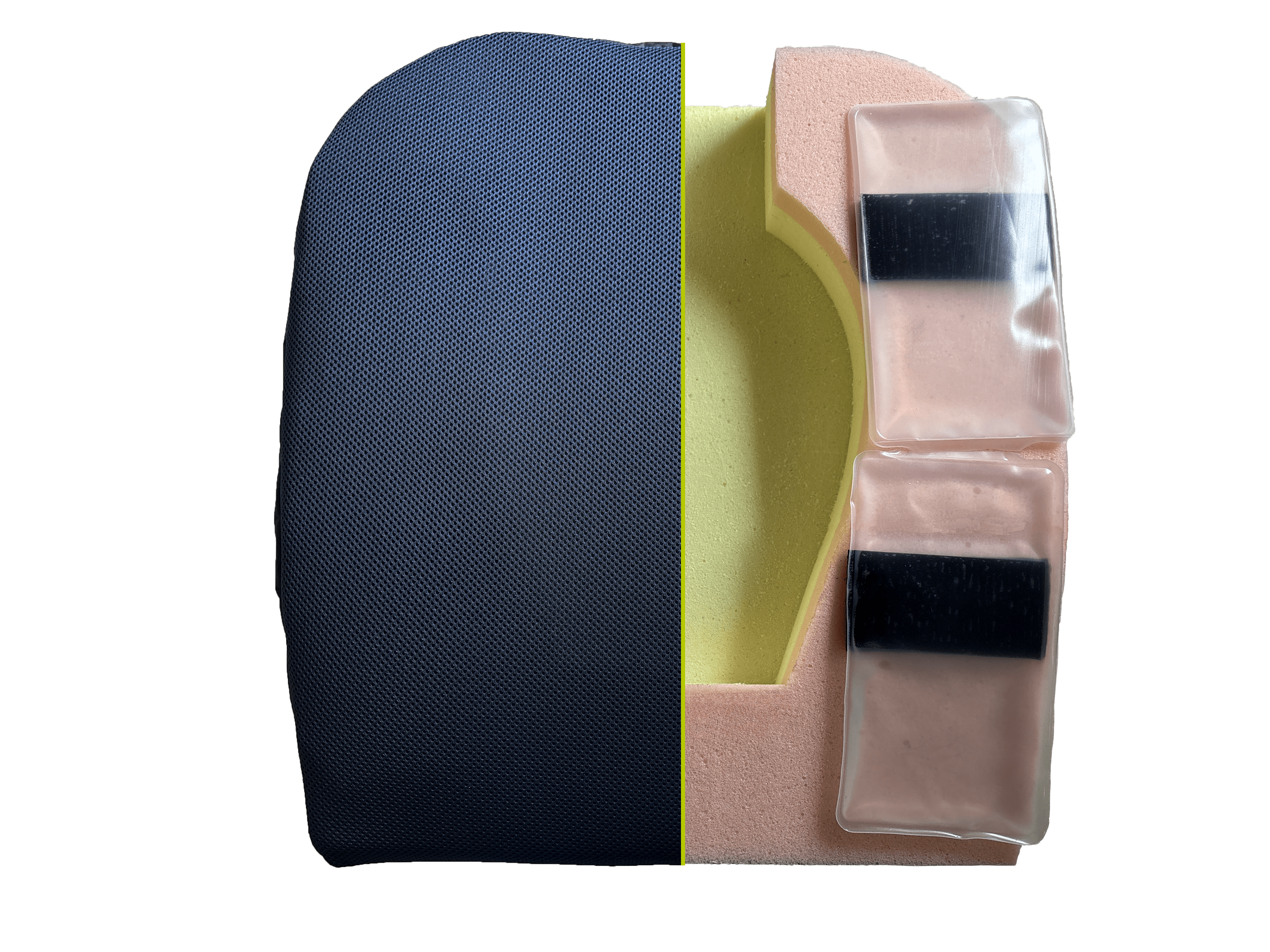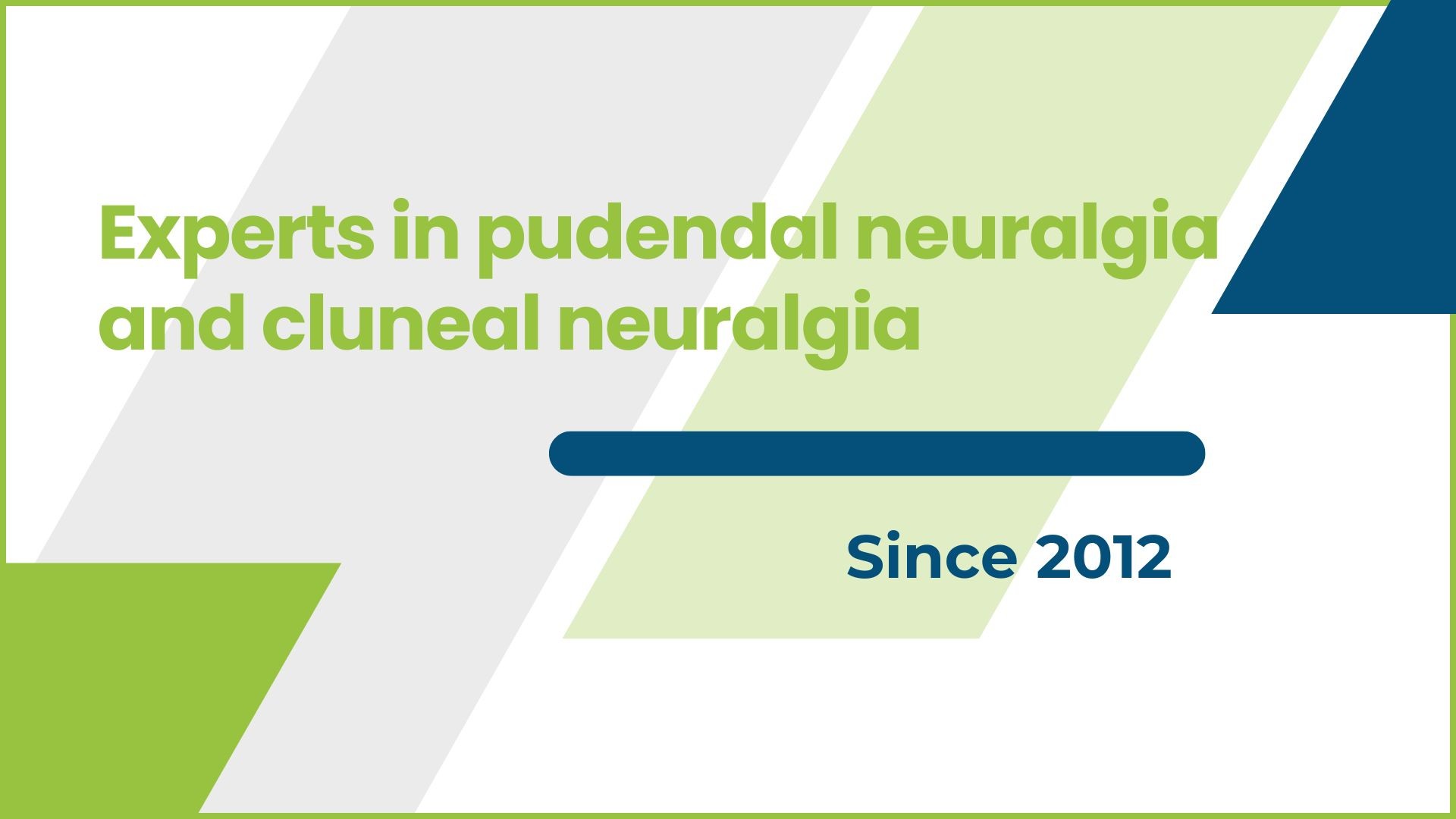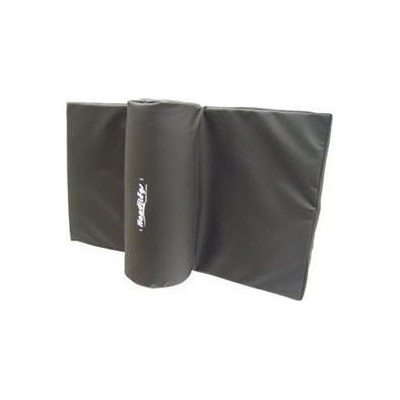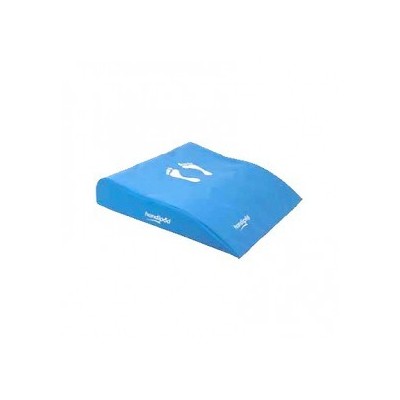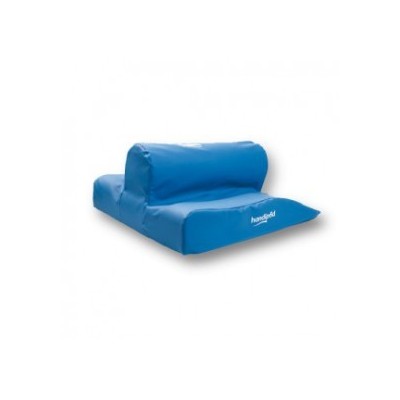
How to Relieve Neuralgia?
What is neuralgia?
Neuralgia manifests as intense pain that follows the path of a nerve. This pain may be brief but sharp, or persist and occur in recurring episodes. Neuralgia generally affects sensory nerves and can occur in various parts of the body.
What are the main types of neuralgia?
Head neuralgia
There are two main types of neuralgia that affect the head:
- • Arnold’s neuralgia: This neuralgia involves the greater occipital nerve, located at the base of the skull. It causes pain at the back of the head, sometimes accompanied by headaches.
- • Trigeminal neuralgia: The trigeminal nerve, which innervates the face, can cause extremely intense pain in the jaw, cheeks, and eyes.
Intercostal neuralgia
Intercostal neuralgia presents as sharp pain along the ribs, often worsened by breathing, coughing, or certain trunk movements. It is usually caused by irritation or inflammation of the intercostal nerves.
Crural neuralgia
Also known as femoral neuralgia, it affects the crural nerve and causes pain in the thigh region, often radiating to the knee. Pain may worsen with walking or prolonged sitting.
Sciatic neuralgia
Sciatica is one of the most common types of neuralgia, affecting the sciatic nerve that runs down the leg. It causes radiating pain or numbness in the lower back, buttocks, and legs.
What are the main causes of neuralgia?
Neuralgia caused by compression
Nerve compression is a common cause of neuralgia. It may be caused by various conditions, such as:
- • Herniated disc: A bulging disc can compress a nerve, often the sciatic nerve, causing intense pain.
- • Carpal tunnel syndrome: Compression of the median nerve in the wrist causes pain and numbness in the hand.
Neuralgia caused by inflammation
Nerve inflammation, often caused by infections, autoimmune diseases, or trauma, can also trigger neuralgic pain.
Neuralgia caused by nerve damage
Nerve damage resulting from trauma, surgery, or diseases like diabetes can impair nerves and lead to chronic pain.
How to relieve neuralgic pain?
Reduce nerve compression
Adopting good posture and avoiding positions that aggravate nerve compression are crucial. Adjust your sitting posture using a seat cushion, modify your sleeping position, and take regular breaks to avoid putting prolonged pressure on the affected nerve.
Medication treatments
Anti-inflammatory and pain-relieving medications are often the first option for managing neuralgic pain. They reduce inflammation and pain, helping to control symptoms daily.
Cold application for relief
Applying ice or cold compresses to the painful area can help reduce inflammation and numb the area, providing temporary relief.
Managing neuralgia relies on a deep understanding of its causes and the application of appropriate techniques to relieve the pain. If you suffer from neuralgic pain, consult a healthcare professional for an accurate diagnosis and tailored treatment plan. By combining medication, physical therapies, and lifestyle adjustments, it is possible to improve comfort and quality of life.


